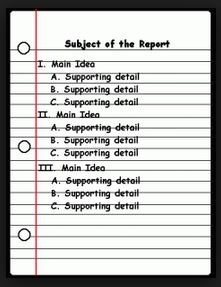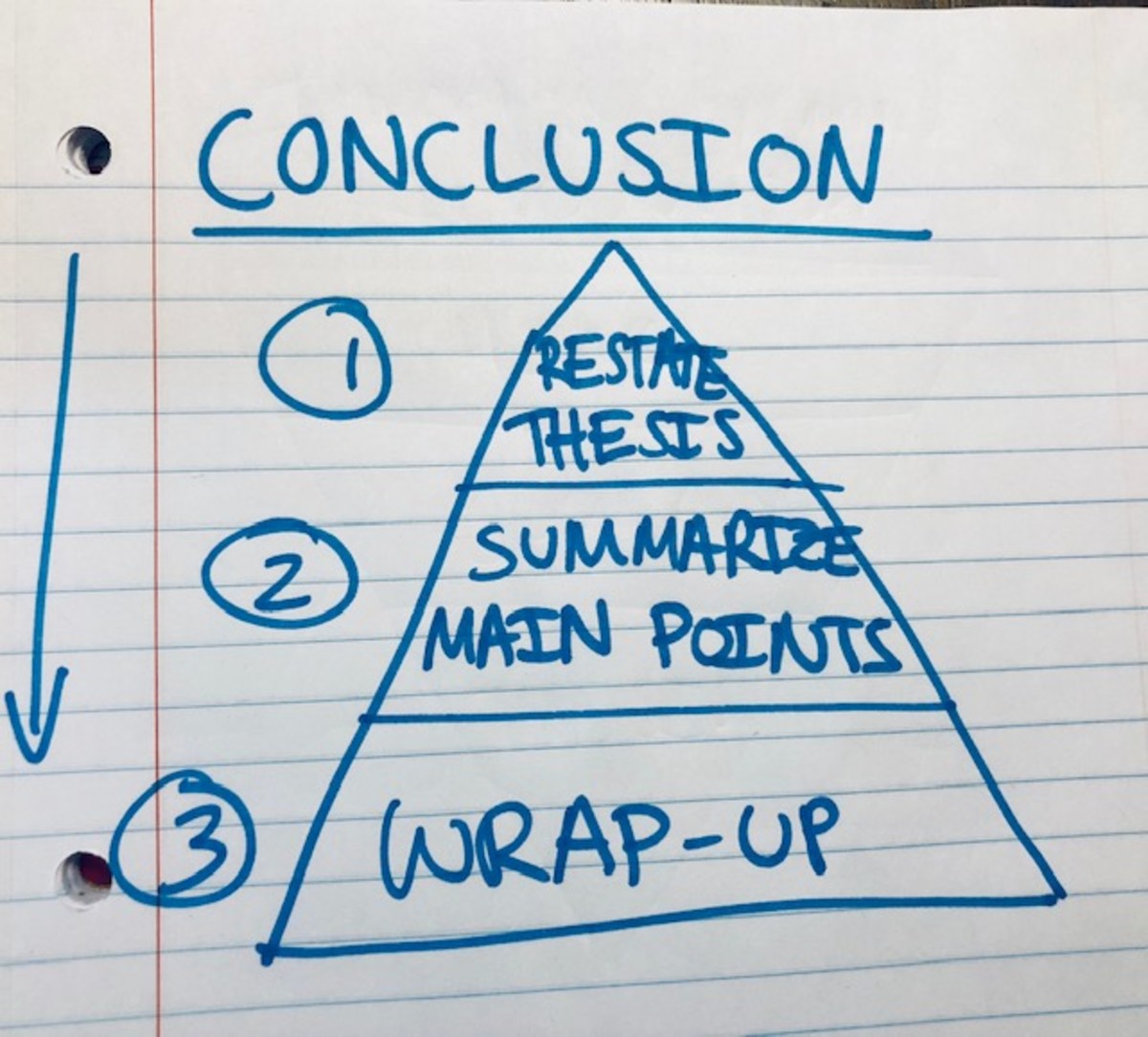How to Increase Writing Scores on State Tests: 8 Easy Tips that Will Improve Any Essay Score
Be Prepared

Know the Criteria
When writing for the state tests (such as the Texas TAKS or Louisiana LEAP tests), a student's writing will be assessed based upon a number of criteria.
The following tips will address the most universal criteria for writing on standardized tests, discuss the most common ways that students lose points on these tests, and explain how to avoid these mistakes.
Improve Test Scores

1. Conventions Errors
What are conventions errors?
Conventions errors are mistakes in grammar and punctuation.
The more frequent or severe these errors are, the more they may decrease your score.
How can you avoid conventions errors?
You can reduce the number of errors in your writing by editing and revising after you finish.
2. Spelling Errors
Will you automatically lose points if you spell a word incorrectly on a standardized state test?
Not necessarily. An occasional mistake may be overlooked, and scorers may not penalize an essay for mistakes on difficult words. However, frequent misspellings or misspellings of simple words will definitely decrease your score. For example, an essay in which a word like "ambidexterous" is mispelled won't raise the same alarm bells that misspelling a word like "and" will.
How can you avoid spelling errors?
Reread your writing after you finish. Most state tests allow the use of a dictionary during their writing portion. If you are unsure about a word you used, be sure to check a dictionary.
3. Sentence Boundary Issues
What are sentence boundary issues?
These are commonly known as “run-on” sentences.
Even if your composition is wonderful in every other respect, you may receive an unsatisfactory score if you write a full essay that contains only one or two periods.
How can you avoid sentence boundary issues?
Read your work to yourself. Punctuation adds pauses when spoken. Would you run out of breathe trying to read your work?
If you have a sentence with “…and then… and then…,” break it up into multiple sentences. Make sure each sentence is one complete thought with ending punctuation.
If all else fails, count the periods in your work. If there is not some form of end punctuation in every few lines, you may have sentence boundary issues. Revise.

4. Structure Problems
How should writing be structured?
Your writing needs to make sense. It should be focused, coherent, and include a topic (introductory) sentence and a conclusion. Ideas should be presented in a logical/sequential order.
How can you improve your writing’s structure?
Reread your writing. Does it follow a logical order? Would someone unfamiliar with the subject understand what you are trying to say? Revise until your point is clear. Avoid repetition.

5. Organization Problems
What is writing organization?
Most typically, writing organization refers to proper use of paragraphs.
Related ideas should be grouped together into paragraphs. An essay written as a single paragraph will receive a lower score than the same essay written with appropriate paragraphs.
How can you make sure that you don’t lose points for organization?
Look at your work. Did you write one or two long paragraphs? Reread your work, and find natural breaking points to begin new paragraphs. Be sure to write a final draft that is organized into multiple paragraphs.
Who is Your Audience?

6. Lack of Awareness of Audience & Purpose
What is audience? What is purpose?
Your audience is who you will be reading your essay. Your purpose for writing is what you hope to accomplish by writing it. For instance, the test writing prompt may ask you to write persuasively.
How can you make sure that you don’t lose points for audience and purpose?
Always keep in mind the audience for whom you are writing. Would you write for an audience of first graders the same way you would write for an audience of college professors?
Also, be aware of your purpose when writing. Are you trying to persuade, inform, or entertain your audience?

7. Lack of Development & Voice
When does writing lack development? How are development and voice related?
Writing lacks development when it is general, vague, or lacks specifics. Most compositions lose points due to lack of development. To develop your writing, expand on general information with explanation and descriptive details.
Test scorers will also look for a sense of voice in your writing. Voice is your distinctive writing style and shows your personality through your writing. It gives the reader a sense of who you are.
The more development your composition has, the more voice you will be able to convey.
How can you develop your writing?
Prior to taking the test, students should use scaffolded writing activities (such as Developing Writing with 5 Basic Questions) to learn and practice strategies for improving writing development.

8. Writing Outside of the Lines
Why does this matter?
When answering essay or written response questions, it is important to remember that you should write legibly and only on the lines provided for your answer. These tests are not hand-graded; they are scanned into a computer, and test scorers will only be able to see what is written on the lines.
What should you do?
You should use only the space that is provided because, if you write below the lines or in the margins, test scorers will not see it, so you will not receive credit for it.
Resources for Developing Writing
- Effective Strategies for Teaching Writing to Struggling Readers
This pedagogical article discusses characteristics of struggling writers, the 6 Traits of Writing, using writing scaffolds, and other strategies for improving student writing. - Zombies Ate My Lesson Plan! Teaching Strategies that Will Increase Student Engagement
The biggest obstacle to learning in the classroom is lack of student engagement. This pedagogical article offers research-based strategies for getting students interested in lessons. - DEVELOPING WRITING WITH 5 BASIC QUESTIONS - TeachersPayTeachers.com
This lesson teaches students to ask themselves 5 basic questions in order to improve the quality of their writing by adding details and developing voice. - CREATING A DEVELOPED PARAGRAPH! - TeachersPayTeachers.com
This writing workshop lesson seamlessly guides students through the writing process. It includes a writing prompt, graphic organizer, drafting scaffold,
© 2013 Alisha Adkins








